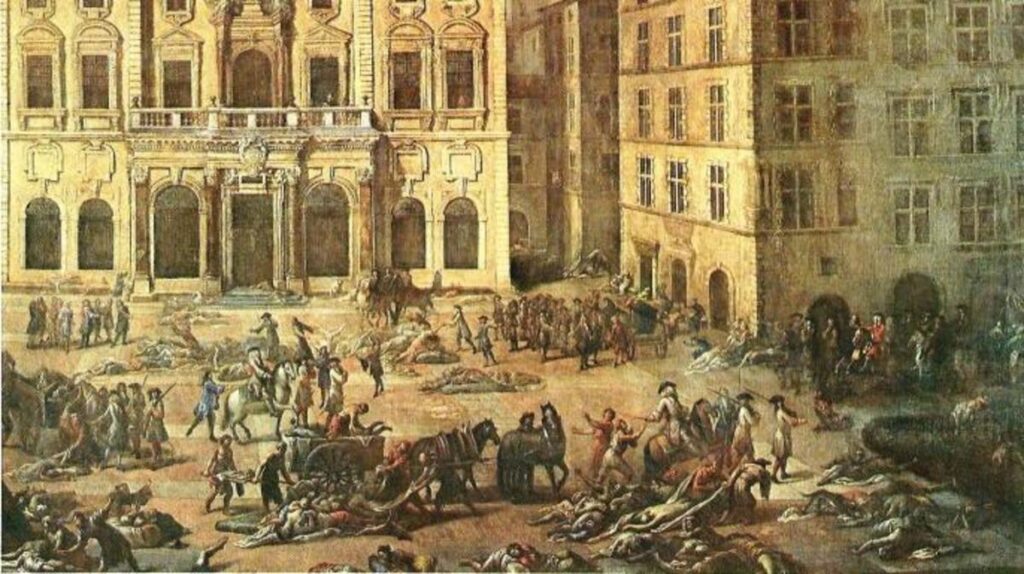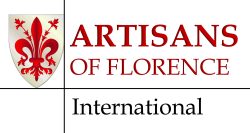One of the many things that history teaches us is the importance of perspective.
When a series of outbreaks of bubonic plague ravaged northern and central Italy from 1629 – 1631 Galileo, who lived in Tuscany, was forced into quarantine. A friend of Galileo’s reflected on the three year period feeling “like a thousand years.”
In 1633, Galileo book Two Systems was banned by the Catholic Church and he was accused of heresy for using science to prove the Copernican theory that the Sun is at the centre of our Solar System. His journey to Rome to attend the trial took over three weeks and included mandatory quarantine.
Galileo was found guilty of \’suspected heresy\’ and sentenced to house arrest for life. During this time his daughter Virginia, who had become a nun in a nearby convent, cared for him remotely by sending him remedies to prevent him from contracting the plague and also regular correspondence to cheer him up.
Living and working through the challenges posed by a pandemic are certainly not new, but we are able to glean some inspiration and knowledge by being attentive students of history. At the very least, we should appreciate that our struggles, and the ways to get through them, are neither new nor unique. The most effective of these now during the COVID19 pandemic, as in Galileo’s time, rely on all communities working together and supporting those who are most vulnerable and struggling the most.

